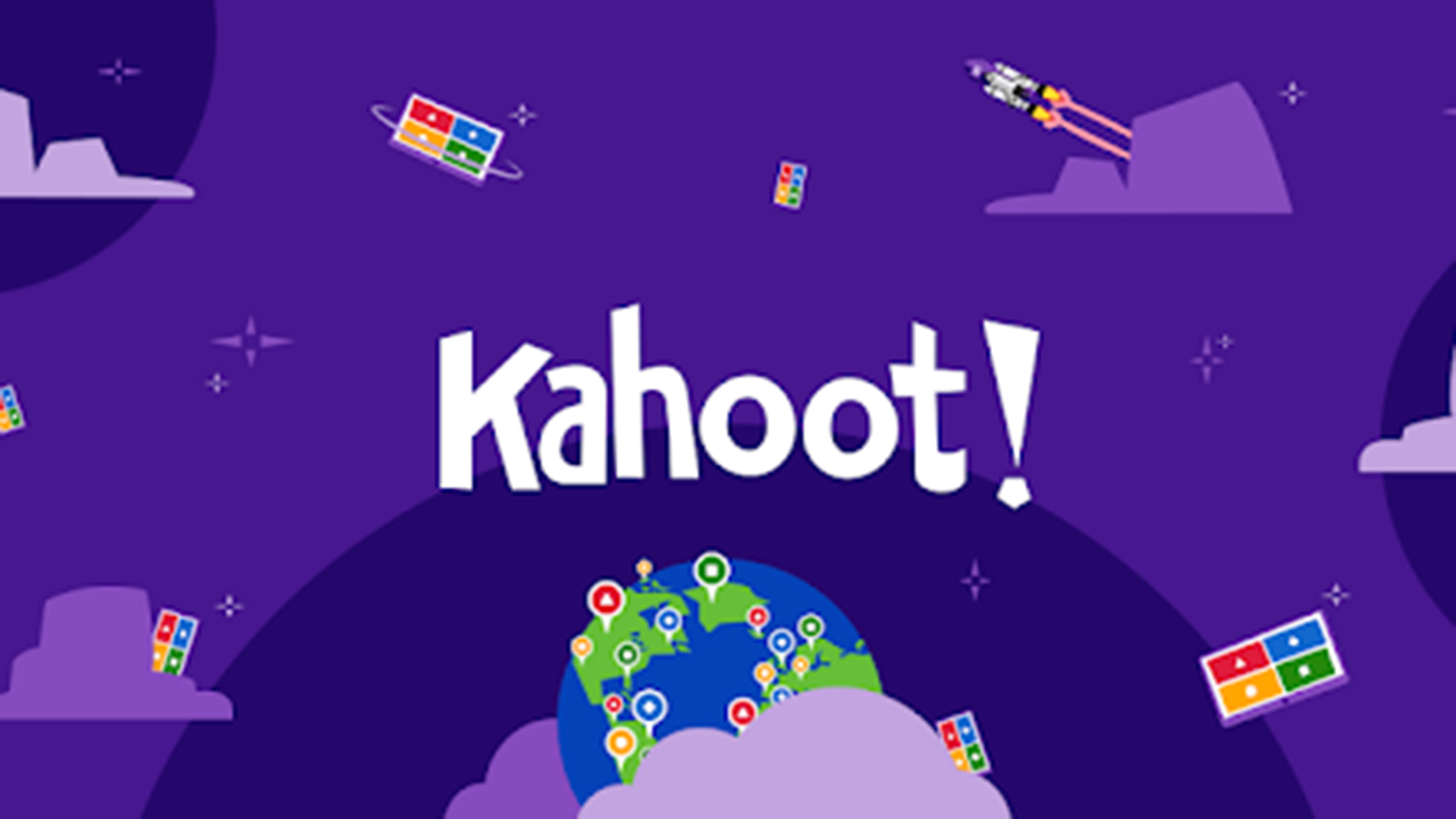Kahoot is an interactive learning platform offering game-based ways to approach education. It is based on a student response system where it adds gaming elements such as a points system. It can be used from any device.
Ownership, Company Details, Politics: A Comprehensive Overview of Kahoot
Kahoot was founded in 2012 by Morten Versvik, Johan Brand, and Jamie Brooker (1). Just two weeks ago, the company agreed to be acquired by Goldman Sachs Asset Management alongside General Atlantic, Glitrafjord, and others in a $1.72 billion all-cash deal (2). Goldman Sachs Group, Inc is a global financial institution founded in NewYork in 1869(3).
Goldman Sachs Group, Inc. has a history of engaging in advocacy efforts related to specific topics they believe contribute to global economic growth and financial stability. However, they have clarified that they do not provide corporate funds or in-kind contributions to candidates for federal office or national party committees (4).
Kahoot is mainly used as an interactive learning platform where educators and trainers can create learning games, trivia quizzes, and other learning activities. While the company focuses on creating a fun and enjoyable learning experience, they have also reaped financial benefits from this approach. In 2021, Kahoot! announced that it would acquire SSO digital learning platform Clever, Inc. for $500 million(5).
Data Requirements, Ownership, and Implications: Navigating Privacy and Usage in Kahoot
To register for Kahoot, the different account types will require different signing-in processes; if you are a student or personal use, you will need to provide your birthday and a username, email and password. If you are a teacher or professional, you will be asked to describe your workplace, email and password. Kahoot is hosted in the U.S. Regarding flexibility, only the person who made the question needs to log in and have an account; participants are only required to provide a nickname. However, looking at Kahoot’s privacy policy, they indicate that they collect certain Personal Information, such as contact details, account log-in credentials, individual location, picture, age, and payment information. Moreover, usage data is collected whenever individuals interact with the service (6). I was mostly surprised that during the signing process to have an account with Kahoot, they will ask individuals “to grant us permission to view and/or download, as applicable, your Google Sheets, Google Contacts and Google Drive. This allows us to configure your Google integration(s) in accordance with your preferences (6). This raises concerns about data privacy and security.
A primary implication of the in-class use of Kahoot is its effect negatively on the learning focus. It causes students to change their direction from in-depth understanding to quick recall of information to answer the fastest, negatively affecting conceptual learning.
In the context of Kahoot, If a teacher creates a Kahoot and makes it public, there is a possibility that other users may utilize this information for their purposes. To keep your Kahoot from being used by others, set Kahoot to private the teacher ensures that only invited individuals an access the Kahoot quiz.
Kahoot as a Mediator for Pedagogies: Examining Design and Learning Opportunities
Kahoot plays a role as a meditator in various ways; through active learning, where students engage in quizzes and interactive activities where this prompts communication and participation for better outcomes. Moreover, it promotes collaboration and teamwork. In one of my classes, the instructor gave us Kahoot every Friday, and we would need to answer the quizzes as a team. not only improved our quick thinking about course materials, but we also made helped create social interaction and interact among students who might not have interacted otherwise during the course. Kahoot provides immediate Feedback that allows students to reinforce the correct answer and thus help students to understand concepts more effectively. If the teaching style we are addressing is asynchrony, then Kahoot would be difficult to navigate as students will not simultaneously be on the same cloud. Kahoot needs to provide a deeper understanding of the material; it is a quick way to answer questions and think quickly. However, this tool can be used to reinforce information, such as during review sessions where students can challenge themselves to see if they can answer the question on a fast base to establish an understanding of the material.
Reflection
During my first year at UVic, instructors frequently employed Kahoot quizzes throughout my academic journey, significantly contributing to my understanding of course materials, particularly as a visual learner. This research sparked a desire to use distributed learning methodologies by creating my own Kahoot quizzes that focus on teaching about the side effects of different medications and simplifying pharmaceutical concepts for easier comprehension.
While critiquing Kahoot, I looked into privacy policies and their implications. I acknowledged the substantial benefits these websites offer for learning; however, I also recognized the potential risks of using personal information. It became evident that users, including myself, consent by signing up to these platforms.
Reference
Picture: https://www.techlearning.com/how-to/what-is-kahoot-and-how-does-it-work-for-teachers
1-About Kahoot!: Company history & key facts. Kahoot! (2023, May 5). https://kahoot.com/company/#:~:text=and%20Jamie%20Brooker.-,Kahoot!%20was%20founded%20in%202012%20by%20Morten%20Versvik%2C%20Johan%20Brand,joined%20by%20entrepreneur%20%C3%85smund%20Furuseth
2- Lunden, I. (2023, July 24). Gamified e-learning platform Kahoot gets $1.7B acquisition offer from Goldman Sachs, Lego and more. TechCrunch. https://techcrunch.com/2023/07/14/kahoot-acquired/
3- About Us. Goldman Sachs. (n.d.). https://www.goldmansachs.com/about-us/index.html
4- chrome-extension://efaidnbmnnnibpcajpcglclefindmkaj/https://www.goldmansachs.com/investor-relations/corporate-governance/corporate-governance-documents/political-statement.pdf
5- Staff, N. (2021, May 14). Ed tech company Kahoot! acquires clever for $500M. GovTech. https://www.govtech.com/education/k-12/ed-tech-company-kahoot-acquires-clever-for-500m
6- Privacy policy. Kahoot! Trust Center. (2023, July 11). https://trust.kahoot.com/privacy-policy/
